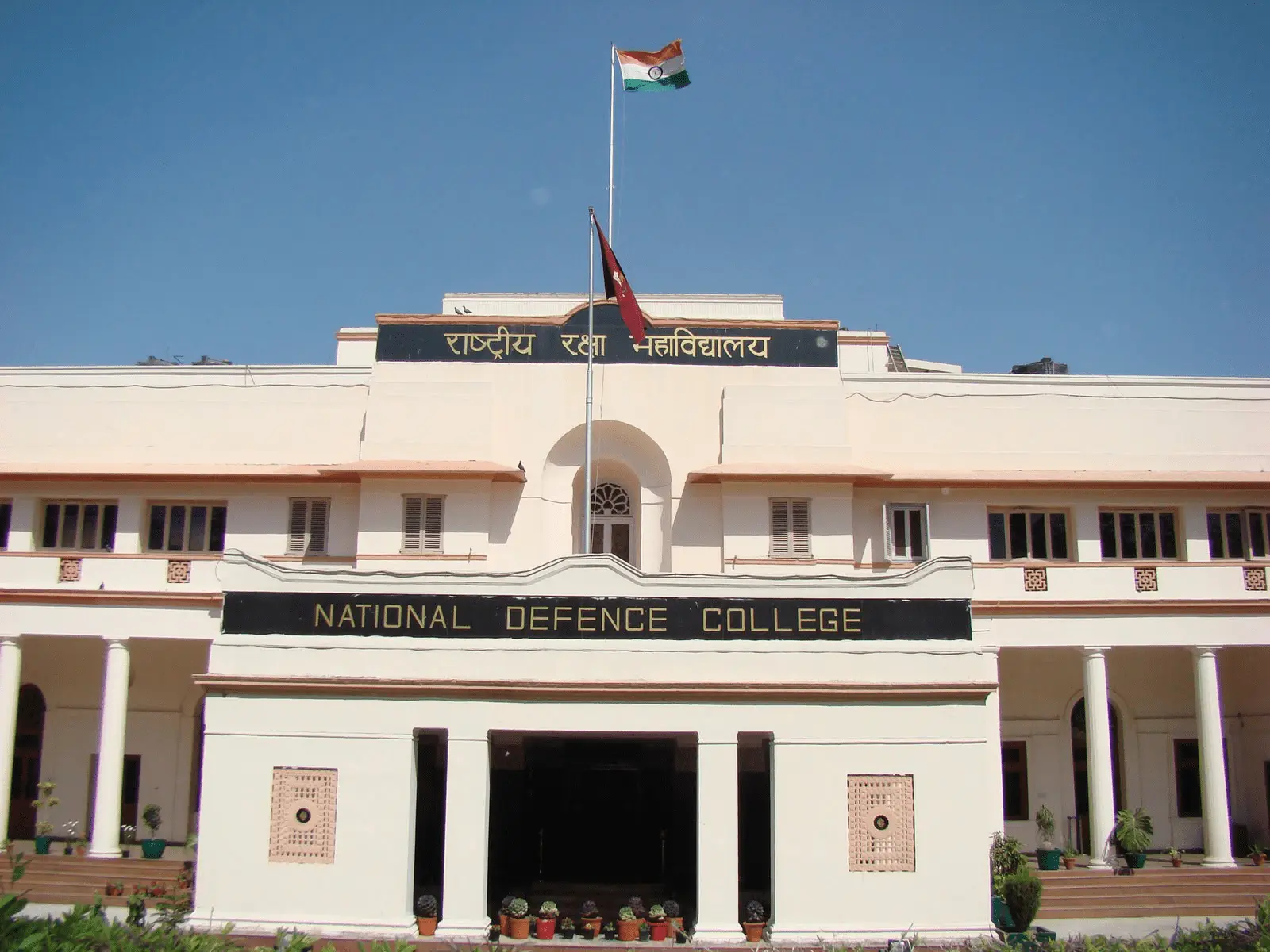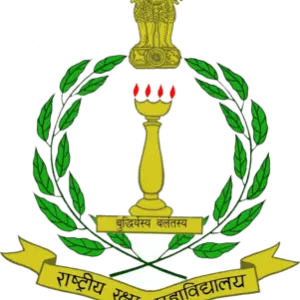Overview
The National Defense College (NDC) was established on 27 April 1960 by Jawaharlal Nehru, the first Prime Minister of India. NDC is a premier institute of its type in entire Asia. Today, NDC continues to provide future decision-makers for the country with sufficient skills, abilities and background for holding senior positions in national security and associated offices.
Based upon its aim, it was decided to include an examination of internal and external threats to the security of the country as well as possible trends for the next ten years as well. Studies would include analysis of diverse factors, for example, conflicts over vital economic interests, foreign policies of other nations, communal or political differences, territorial claims and factional etc.
Academic Performance
The institute basically a 47-week National Security and Strategic Study course every year which commences in the first week of January every year and finishes in the first week of December itself. The entire course is divided in six subjects which is spread across two terms. This course also got extensive travel inside and outside the country for visiting Indian states and foreign countries where course members meet the head of respective states and important decision-makers to listen and understand the social, political and strategic landscape of the state/country.
During the course of study, the entire syllabus is divided into seven groups that are known as Integrated Analysis Groups (IAG). Each IAG comprises 13–14 members. Each IAG function in a synergetic mode for purpose of discussions, preparation of papers, analyzing issues, and presentations. The college has been formally affiliated to Madras University for awarding of M.Phil. Degree in ‘Defense and Strategic Studies since 2006.
Research & Development
The Research department was established in the year 1999 in order to carry out dynamic policy-oriented research. This department plays a vital role in providing better research facilities and coordinating with HQ of the respective Services, for smooth as well as secured conduct of research by the Research Fellows. Only the selected nominated serving officers of the three Services are permitted to attend the research. The aim of the Research Department is to facilitate and to conduct independent specialized research on strategic importance that are having long-term implications for the country’s security.
The research fellowship is awarded for a period of one year. NDC will nominate a Senior Directing Staff as a Guide for the entire period of research. The Research Fellows will be closely working under the direct supervision of their SDS Guide.
Notable Alumni
Padma Bhushan General Tapishwar Narain Raina was the Chief of the Army Staff of the Indian Army and was appointed as the High Commissioner of India to Canada upon retirement. Padma Bhushan Sourendra Nath Kohli, the ninth Chief of the Naval Staff, served as the FOC-IN-C of the Western Naval Command during the Indo-Pak 1971 War and was responsible for the crippling attacks in Karachi on the Pakistani Navy fleet. Air Chief Marshal Idris Hasan Latif, a former Air Officer in the Indian Air Force served as the tenth Chief of Air Staff of the Indian Air Force. General Krishnaswamy Sundarji commanded the operation Blue Star to clear the Golden Temple Shrine on orders from India’s then PM Indira Gandhi.

